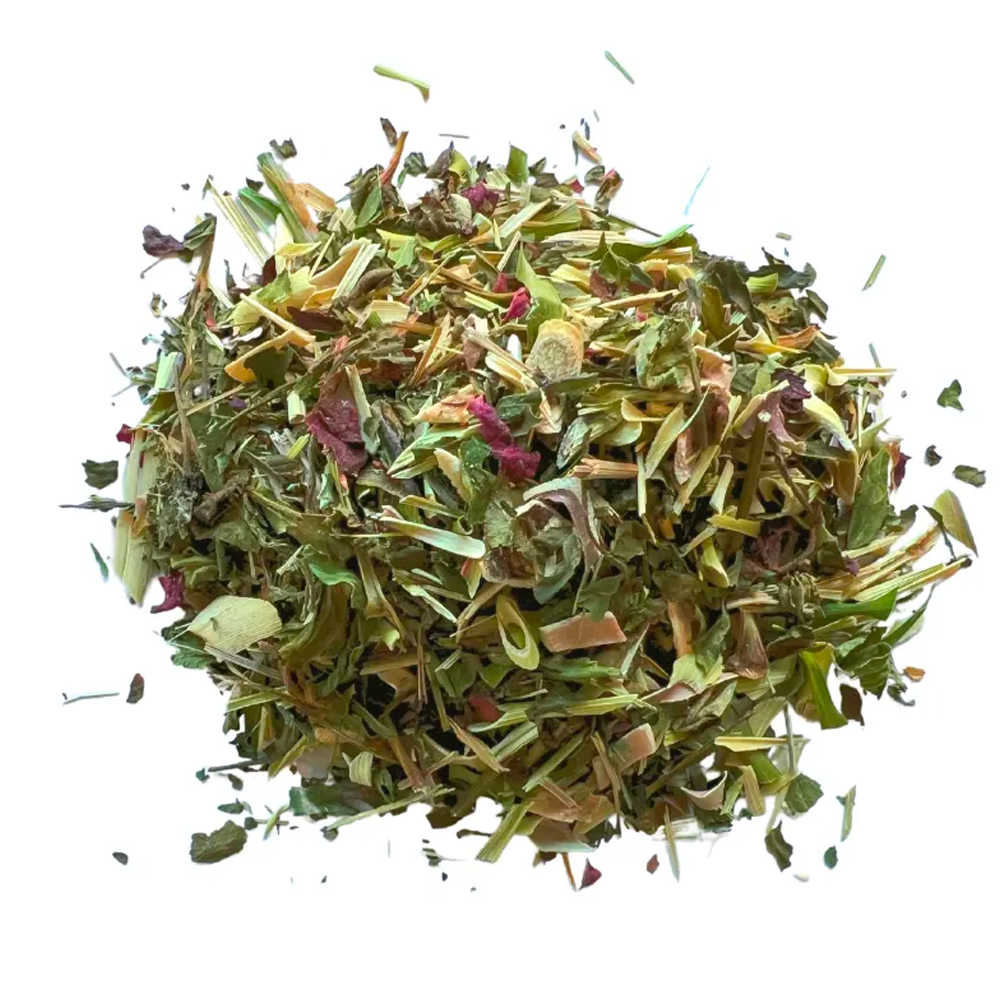What is Ginger?
Ginger (Zingiber officinale) is a flowering plant native to Southeast Asia. The part of the plant that is typically used for its health benefits is the rhizome, which is the underground stem that grows horizontally and produces roots and shoots. Ginger has a spicy and pungent taste and is a popular ingredient in many dishes and beverages, including ginger tea, ginger ale, and gingerbread.
Nutritional Value of Ginger
Ginger is a good source of several nutrients, including:
- Carbohydrates: 18 grams
- Protein: 2 grams
- Fat: 0.6 grams
- Fiber: 2 grams
- Vitamin B6: 10% of the Recommended Daily Intake (RDI)
- Magnesium: 10% of the RDI
- Potassium: 6% of the RDI
- Manganese: 6% of the RDI
Medicinal Uses of Ginger
Ginger has been used for centuries in traditional medicine to treat a wide range of health conditions. Modern scientific research has confirmed many of these traditional uses and has also uncovered new potential health benefits of ginger.
Some of the medicinal uses of ginger supported by scientific research include:
- Reducing Nausea: Ginger has been shown to be effective in reducing nausea and vomiting caused by various conditions, including chemotherapy, surgery, and pregnancy. A 2018 review of 12 clinical trials found that ginger was effective in reducing chemotherapy-induced nausea and vomiting, and was also effective in reducing morning sickness in pregnant women.
- Pain Relief: Ginger has anti-inflammatory properties and may help reduce pain and inflammation in various conditions. A 2016 study found that ginger was as effective as nonsteroidal anti-inflammatory drugs (NSAIDs) in reducing pain and inflammation in patients with osteoarthritis. Ginger has also been shown to be effective in reducing menstrual pain in women.
- Anticancer Properties: Some studies have investigated the potential anti-cancer properties of ginger. A 2015 study found that ginger extract inhibited the growth and spread of colon cancer cells. Another study found that ginger extract was able to induce cell death in ovarian cancer cells.
Research on Ginger
There have been numerous studies conducted on the health benefits of ginger, with many showing promising results. Some notable studies include:
- A 2016 study published in the Journal of Medicinal Food found that a ginger extract was as effective as ibuprofen in reducing pain and inflammation in patients with osteoarthritis.
- A 2018 review of 12 clinical trials found that ginger was effective in reducin chemotherapy-induced nausea and vomiting, and was also effective in reducing morning sickness in pregnant women.
- A 2015 study published in the Journal of Nutrition and Cancer found that ginger extract inhibited the growth and spread of colon cancer cells.
Ginger on the Market
With its spicy and pungent flavor, ginger is widely used in various culinary applications, including dishes, candies, and beverages. To delve into the diverse range of ginger products available in the market, let’s begin exploring the many forms and variations of this versatile ingredient.
- Ginger Root Capsules
- Ginger Chews
- Ginger Lozenges
- Ginger Mints
- Ginger Gummies
- Dried Ginger Crystallized Snacks
- Ginger Beer
- Ginger Juice
- Ginger Powder
As evident from the variety of products available, ginger is a highly sought-after ingredient that offers numerous health benefits.
Future Potentials of Ginger
While much research has been done on the health benefits of ginger, there is still more to be discovered. Some areas of research that may yield interesting results include:
- Diabetes: Some animal studies have suggested that ginger may help improve insulin sensitivity and lower blood sugar levels, which could make it a potentially useful treatment for diabetes.
- Brain Function: Some studies have suggested that ginger may have cognitive benefits, including improved reaction time and working memory.
- Safety and dosage: While ginger is generally considered safe, there are some concerns about its safety in certain populations, such as pregnant women and people taking certain medications. Future research could focus on determining the safe and effective dosage of ginger for different populations.
- Anti-inflammatory properties: Ginger has been shown to have anti-inflammatory properties that may be beneficial for people with conditions such as osteoarthritis and rheumatoid arthritis. Future research could explore the mechanisms behind ginger’s anti-inflammatory effects and its potential for use as a natural anti-inflammatory agent.
- Digestive health: Ginger has traditionally been used to alleviate digestive problems such as nausea, vomiting, and indigestion. Research could investigate the effects of ginger on digestive health and explore its potential as a natural remedy for digestive ailments.
- Cardiovascular health: There is some evidence to suggest that ginger may have cardiovascular benefits, such as lowering blood pressure and reducing cholesterol levels. Further research could explore the potential cardiovascular benefits of ginger and its potential role in preventing heart disease.
- Cancer prevention: Some studies have suggested that ginger may have anti-cancer properties, particularly for certain types of cancer such as colon and ovarian cancer. Future research could investigate the mechanisms behind ginger’s anti-cancer effects and explore its potential as a natural cancer prevention agent.











